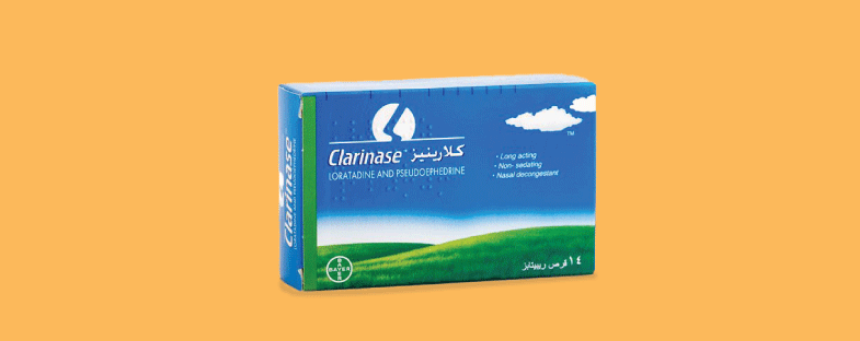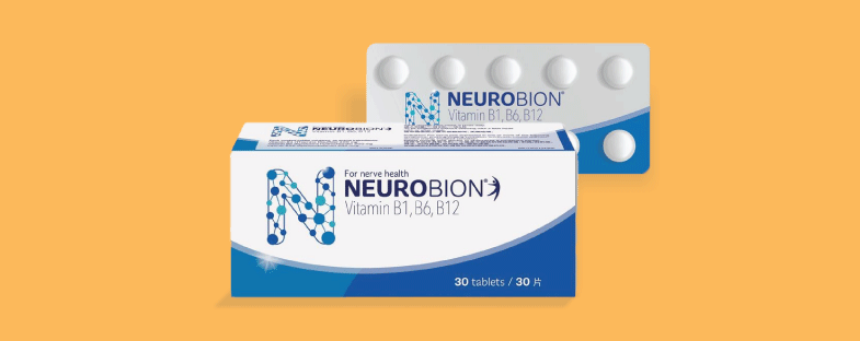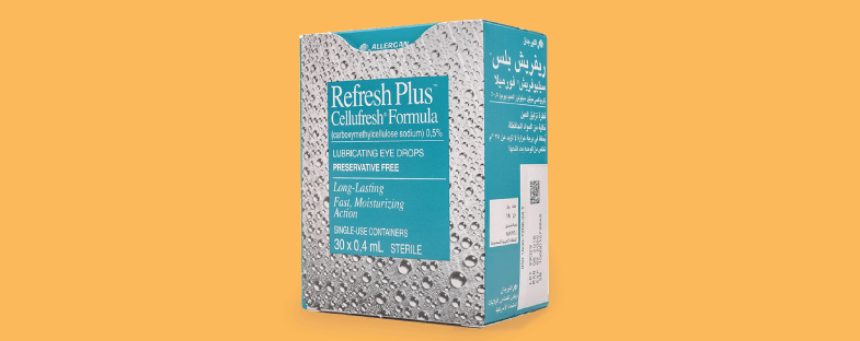Clarinase is indicated for the symptomatic treatment of seasonal allergic rhinitis such as,
sneezing, runny or itchy nose, and eyes, when accompanied by nasal congestion in adults and children 12 years of age and over.
Clarinase contains 2 active ingredients:
- Loratadine 5mg, an anti-histamine
- Pseudoephedrine 120 mg, a decongestant
Dosage & Administration:
The usual dose for adults and children over 12 years old is 1 tablet every 12 hours can be taken with or without food. Swallow the whole tablet without crushing or breaking, the treatment duration is usually 10 days.
Before prescribing Clarinase, remember the following:
- Don't take this medication if you have an allergy to any of the ingredients
- Don't take this medication if you used a MAO inhibitor in the last 2 weeks
- patients older than 60 years of age might be more sensitive to the effect of Clarinase, use in caution.
- If the patient is taking any medication, check for drug-drug interactions
- avoid in patients with glaucoma, difficulty in urinating, urinary tract blockage, high blood pressure, heart or blood vessel disease, a history of stroke, or an overactive thyroid.
- Avoid in pregnancy/ breastfeeding
- some patients may experience drowsiness when using Clarinase, which may affect their ability to drive or operate machines.
- Clarinase contains Lactose and sucrose, avoid in patients with intolerance to some sugars.
- Clarinase may cause some side effects like trouble sleeping, dizziness, dry mouth, etc. , if you experience any serious side effects, patients need to be referred to their doctor.
- Store this medication at room temperature, in a dry place, protected from moisture and away from children.
- Pseudoephedrine carries the risk of abuse; continuous use can lead to tolerance and increased doses may cause cardiovascular and CNS toxicity.



